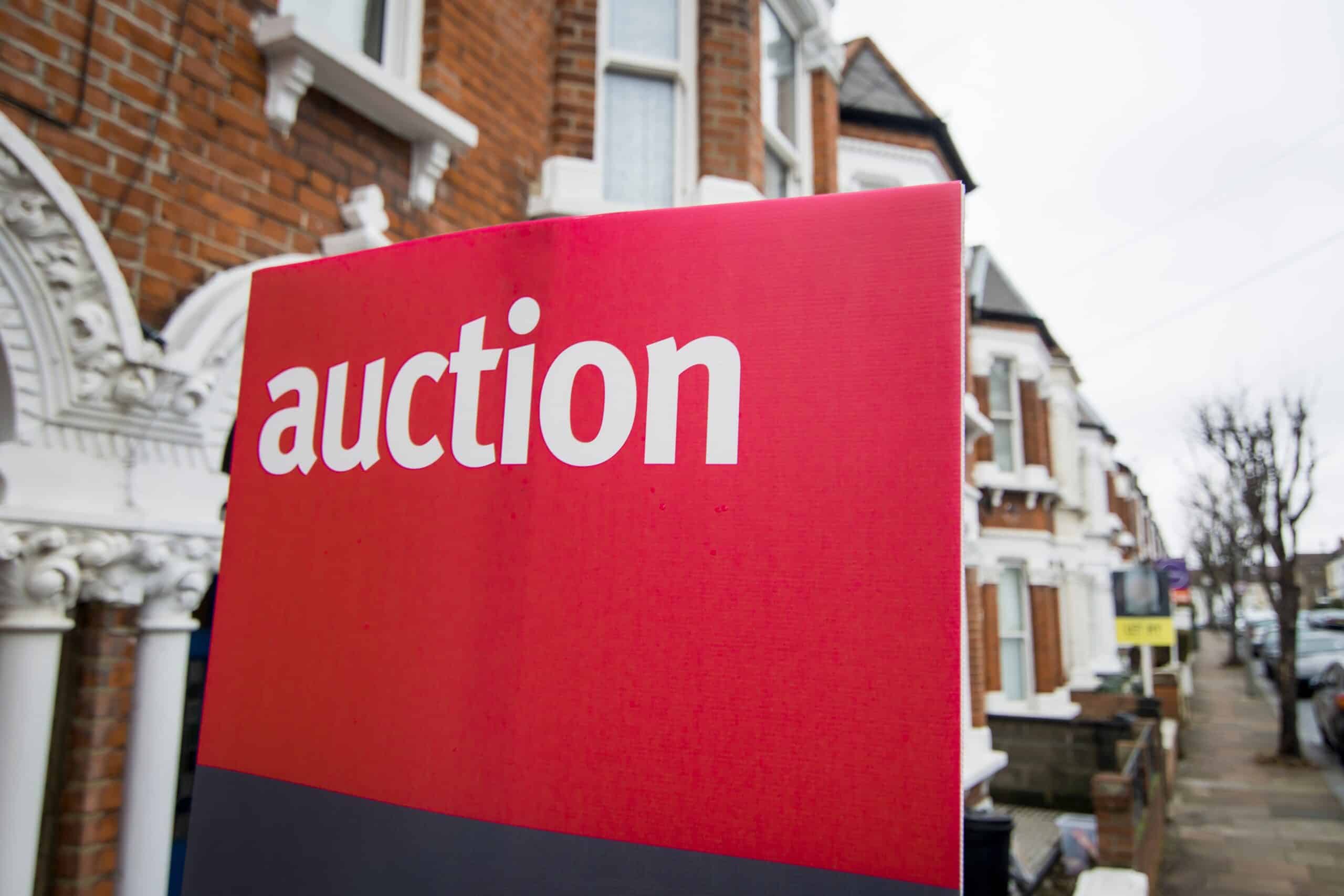The first thing to know about auction property conveyancing is that it’s a much quicker process than standard residential conveyancing.
The other key difference between auction and traditional conveyancing is the groundwork you must put in before placing your offer.
Here’s the auction conveyancing process:
Pre-auction conveyancing
The pre-auction stage of auction conveyancing is key to ensuring the rest of the process is smooth.
- Instruct an auction property conveyancer – It’s highly recommended that you hire a conveyancing solicitor to conduct the process and handle all the legalities.
- Review the legal pack – The seller’s solicitor will prepare a legal pack that contains essential information about the property. It includes title deeds, local authority searches, a fixtures and fittings list, leasehold information (if any), and an Energy Performance Certificate (EPC). If you’ve hired a conveyancing solicitor, they’ll look through this legal pack for you.
- Arrange finances – Ensure your finances are in place and ready before you attend the auction. Know your budget and decide pre-auction what you’d like to spend. Going in unprepared can leave you in a difficult situation, especially if you win the auction.
- Perform due diligence – If you have your eye on a property at auction, arrange a viewing and get a survey done to ensure you know as much as possible before bidding.
At the auction house
If you’ve carefully done the above steps, you can be confident about your approach during the auction process.
- Bidding – During the bidding process, stick to your budget and don’t get drawn into bidding too much money. If you have the highest bid when the hammer falls, you have won the property, and the financial proceedings now take place.
- Deposit payment – Normally, you’ll pay a deposit immediately, around 10% of the property’s value.
- Exchange auction contract – Contracts are exchanged. Your conveyancing solicitor can look through this for you.
Post-auction property conveyancing
If you’re the successful bidder, you’re legally bound to complete the purchase of the property at auction. If you do pull out, you will likely lose your deposit and incur further penalties.
If you do continue with your auction purchase, though, this is what happens afterwards:
- Memorandum of sale – The auctioneer will prepare a memorandum of sale that confirms the details of the property transaction.
- Conveyancing solicitor steps – Your conveyancing solicitor will receive the memorandum and will then liaise with the seller’s solicitor to move the purchase along efficiently. They’ll carry out any post-auction searches before preparing the deed and obtaining mortgage funds, if applicable.
- Completion period – The completion date is usually within 28 days of the auction, but it can be shorter. On completion day, the remaining balance of the purchase price is transferred to the seller, and you’re handed the keys to the property.
- Post-completion – The final steps of the process are handled by your conveyancing solicitor, who will handle the stamp duty land tax (SDLT) payment and register you as the owner of the property at the Land Registry.



